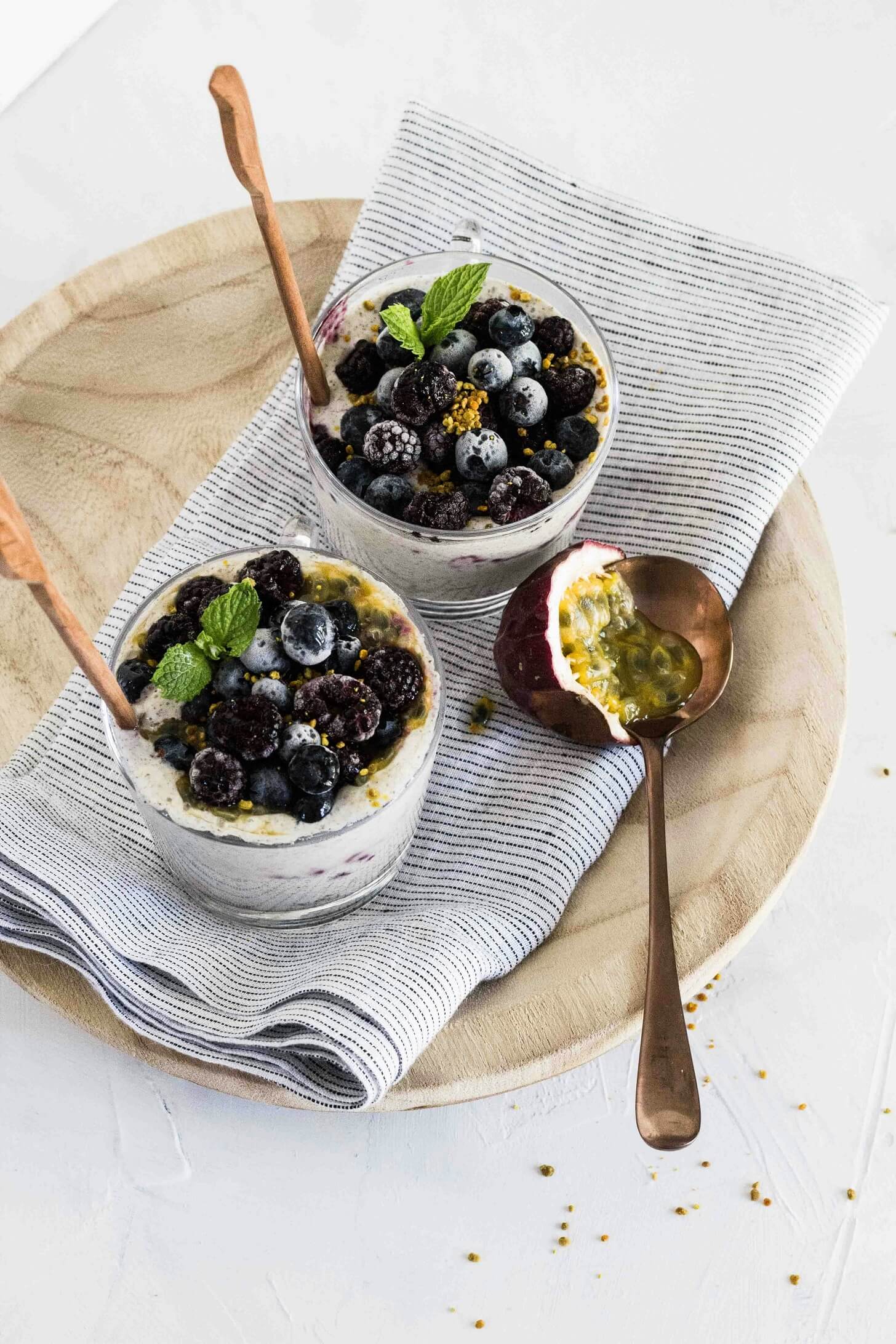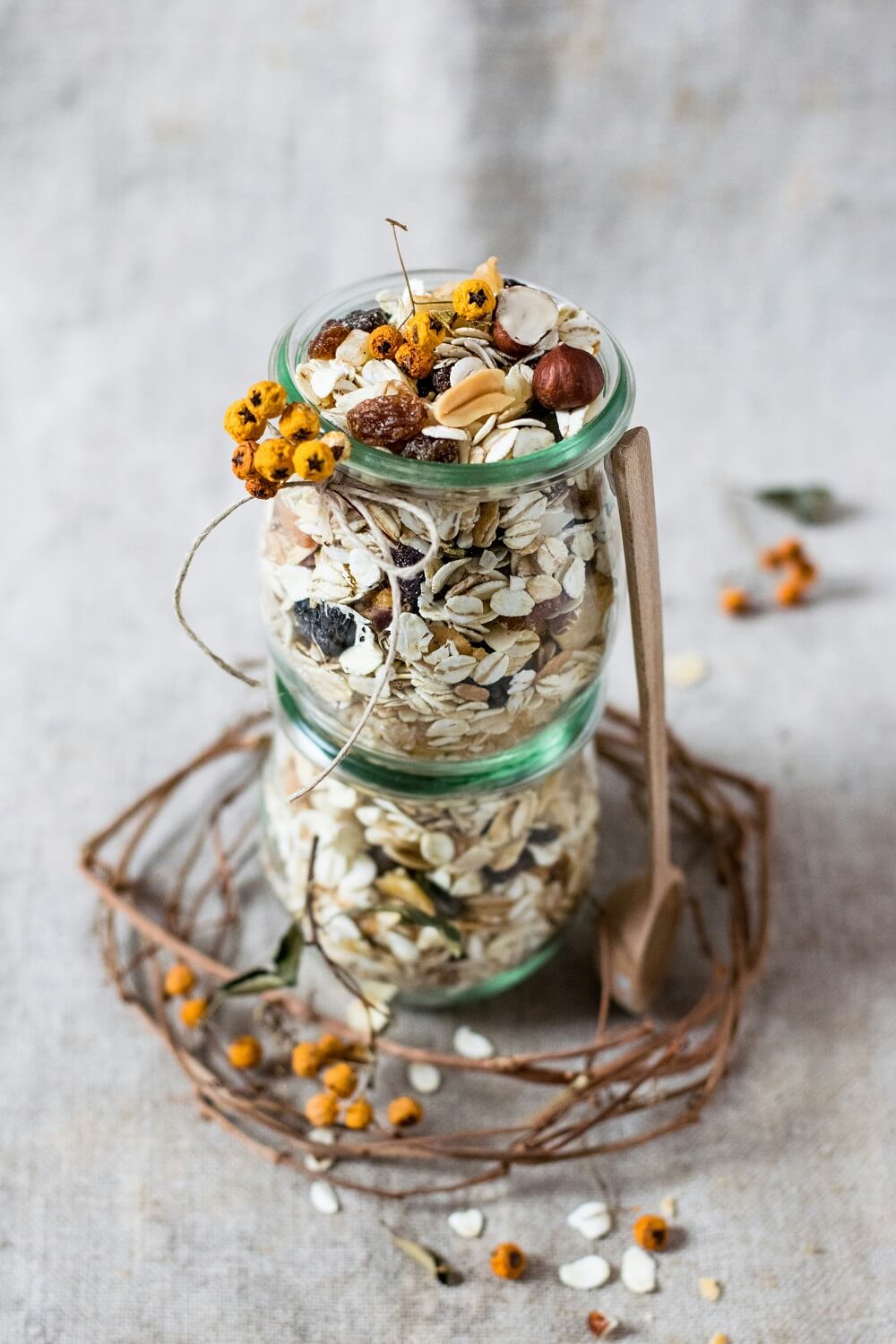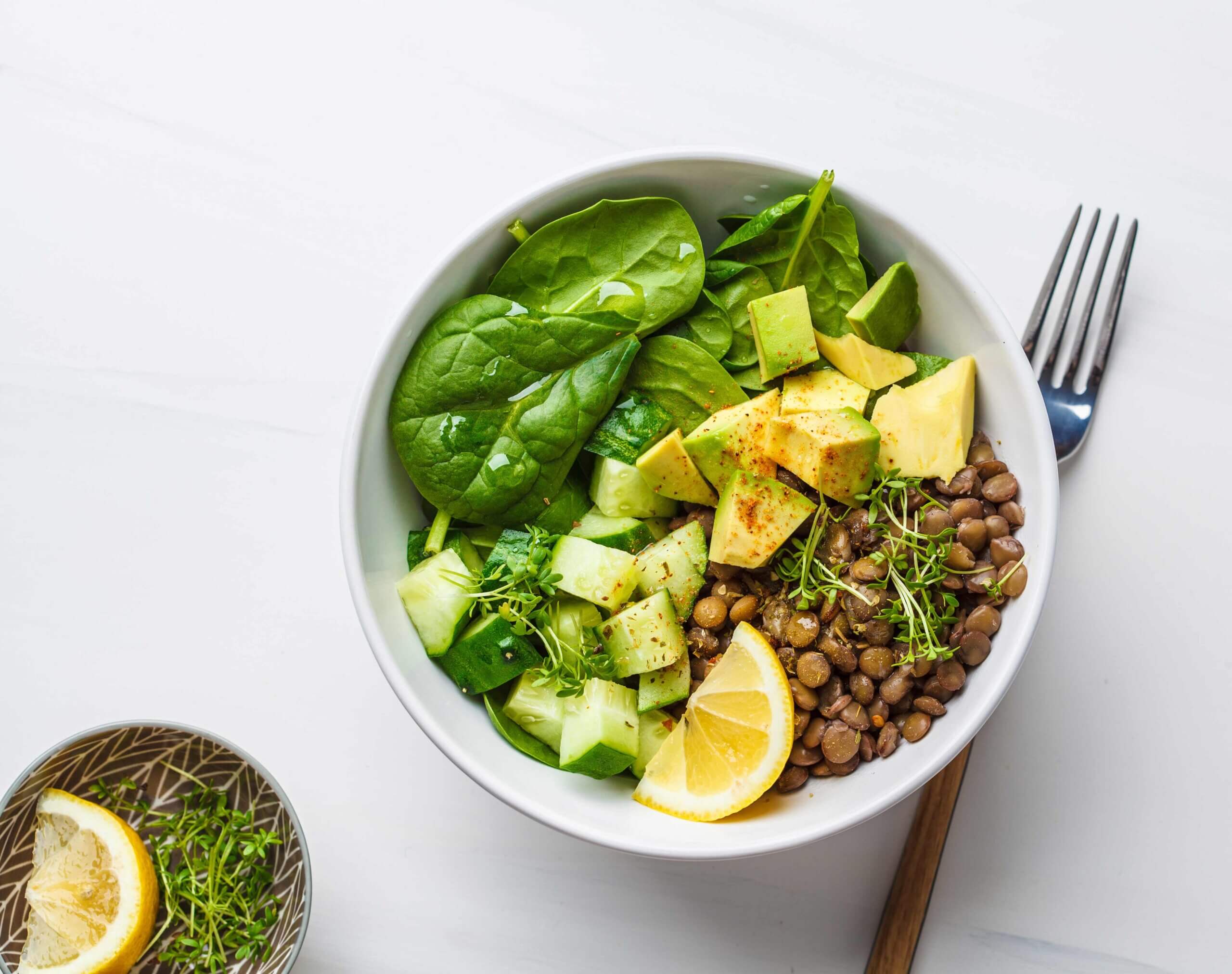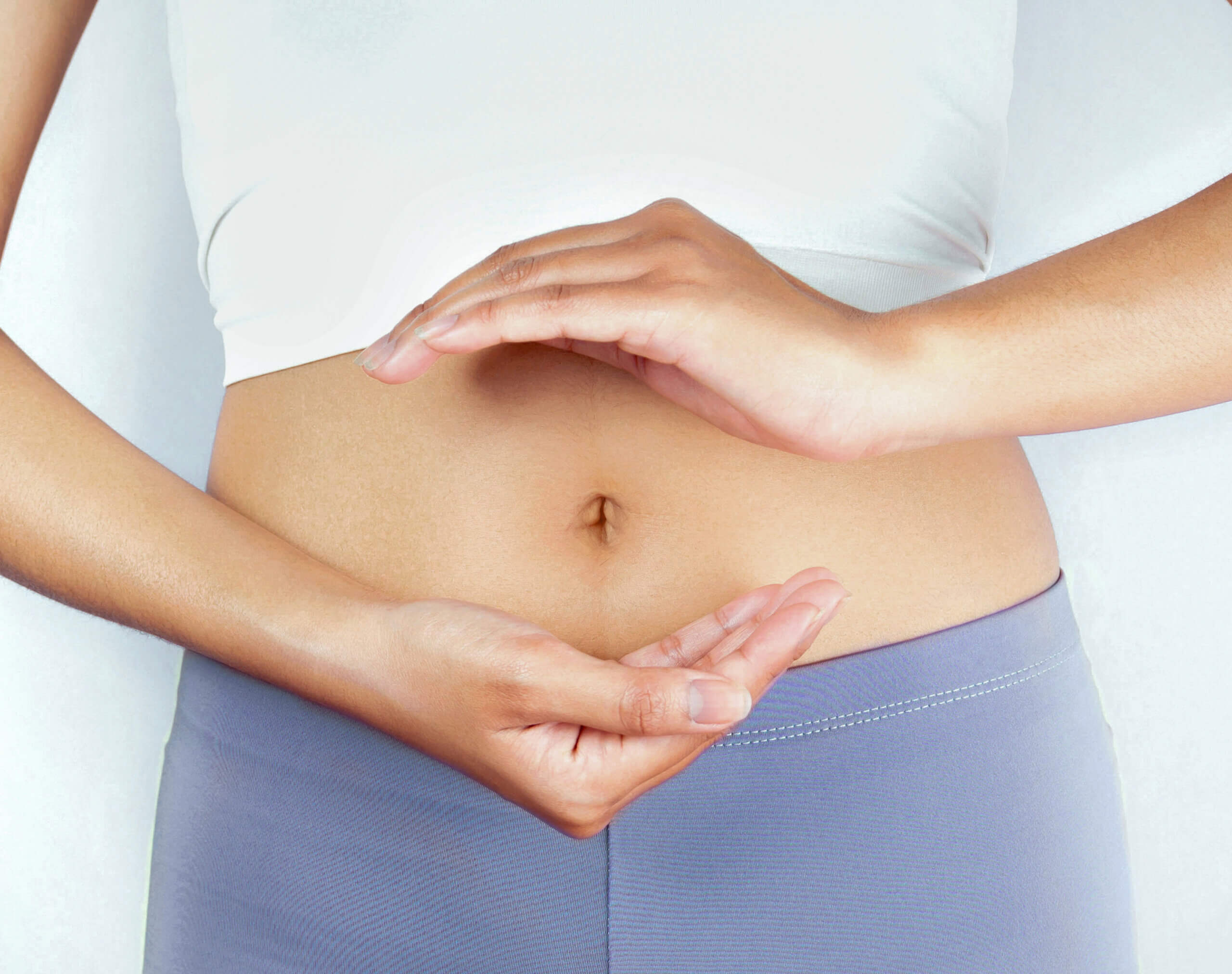Weight loss is a topic that concerns many people. But what is the best way to lose weight? This is a question that many people ask when embarking on a journey towards a healthier lifestyle. A vegan diet can play a crucial role in this process. Let’s discover together how you can achieve your weight loss goals through vegan eating.
What’s the best way to lose weight?
To lose weight effectively, you need to burn more calories than you consume. This means either reducing your calorie intake or increasing your physical activity. The best approach is a combination of both. It’s important that you make permanent changes to your diet, not just temporary ones. Crash diets usually lead to a yo-yo effect, where the hard-earned lost weight comes back quicker than you can say “carbohydrates”, and sometimes even more than before. So, as you’ve probably already guessed, unfortunately, there’s no magic formula or “one miracle weapon” that will make you slim overnight. If you want to lose weight in the long term and sustainably, it requires patience, perseverance, and the right combination of healthy eating and exercise. If you’re still motivated, I look forward to diving deeper into the topic of weight loss with you.
How can a vegan diet help with weight loss?
A vegan diet can help you lose weight in many ways. Plant-based foods are generally lower in calories and richer in nutrients than animal products. They also contain more fibre, which keeps you full for longer and helps prevent cravings. Studies show that people who follow a vegan diet have the lowest, while meat-eaters have the highest Body Mass Index (BMI). [1, 2, 3, 4] On average, vegans consume 14% fewer calories than meat-eaters. [2]
Which foods are best for weight loss?
When trying to lose weight, you should focus on nutrient-rich, low-calorie foods that keep you full for longer and also provide your body with important vitamins and minerals. Here are some vegan foods that are particularly suitable:
- Vegetables: Low in calories and packed with vitamins, minerals, and fibre. Vegetables like broccoli, spinach, carrots, peppers, and courgettes are particularly recommended. They contain few calories but deliver many nutrients that support metabolism.
- Legumes: Beans, lentils, chickpeas, peas, and black beans are not only rich in protein but also keep you full for longer. They are excellent sources of plant-based protein and fibre, promoting digestion and preventing hunger pangs. Legumes also have a low glycaemic index, which means they help to keep blood sugar levels stable, supporting weight loss.
- Fruit: Fruit is a healthy snack and a great alternative to sweets. Although it contains natural sugars, it also provides many vitamins, minerals, and fibre, making it a healthy choice. Berries (such as strawberries, raspberries, and blueberries), apples, and grapefruits are particularly recommended, as they are relatively low in calories while offering many nutrients.
- Whole grains: Oats, quinoa, brown rice, and wholegrain bread are good sources of carbohydrates that contain complex carbs. These are digested more slowly, leading to prolonged satiety and consistent energy levels. Whole grains are also rich in fibre, which helps to keep blood sugar levels stable.
- Nuts and seeds: Although high in calories, nuts and seeds provide healthy fats, protein, and many important nutrients. Almonds, walnuts, chia seeds, and flaxseeds are good options. In moderation, they are an ideal snack that keeps you full and provides healthy fatty acids.
- Tofu and Seitan: Tofu and seitan are excellent sources of plant-based protein that can easily be incorporated into a weight-loss-focused diet. Tofu is low in calories, low in fat, and rich in protein as well as iron and calcium. Seitan, made from wheat gluten, is particularly high in protein and has a meat-like texture, making it a great choice for hearty dishes. Both are versatile and can be used in a variety of dishes such as salads, stir-fries, or soups.
By combining these foods, you can create a balanced and satisfying diet that helps you reduce calories while still getting all the important nutrients.



Drinks that boost fat metabolism
Alongside foods, there are also drinks that can support your fat metabolism:
- Green tea: Green tea is rich in antioxidants and contains catechins, particularly epigallocatechin gallate (EGCG), which can stimulate fat metabolism. Studies have shown that green tea can increase fat burning, especially during exercise.
- Black coffee: Black coffee contains caffeine, which increases thermogenesis (heat production in the body), thereby boosting calorie expenditure. Caffeine can also promote the release of fatty acids from fat tissue, supporting fat burning. It’s important to drink coffee without sugar or milk to avoid unnecessary calories.
- Ginger tea: Ginger has anti-inflammatory properties and can stimulate metabolism. Ginger tea supports digestion and may help to stabilise blood sugar levels, preventing cravings.
- Water with lemon: A glass of water with lemon in the morning can kick-start your metabolism and aid digestion. The vitamin C in lemons supports the liver in burning fat and may improve insulin sensitivity.
- RINGANAdea: Mate leaf extract, green coffee, zinc bisglycinate, hibiscus flower extract, prickly pear fruit juice powder, and fructo-oligosaccharides all have properties that can support fat metabolism or curb appetite.
shop
As the saying goes: “Good things come to those who wait – and drink tea.” So why not shed a few pounds while you’re at it? The innovative beauty shot RINGANAdea makes it possible.
dea's Hero Ingredients
Mate leaf extract (Ilex paraguariensis): Mate is known for boosting metabolism and promoting fat burning. It contains caffeine and theobromine, which both increase thermogenesis, meaning the body burns more calories. Mate can also reduce feelings of hunger.
Green coffee bean extract (Coffea canephora): Green coffee contains chlorogenic acid, which regulates blood sugar levels and supports fat burning. Studies suggest that green coffee can promote weight loss by reducing glucose absorption in the intestine and increasing fat burning.
Zinc bisglycinate: Zinc plays a role in metabolism and can help regulate blood sugar levels and support fat loss. Adequate zinc levels are important for healthy thyroid function, which influences metabolism.
Hibiscus flower extract (Hibiscus sabdariffa): Hibiscus can act as a diuretic, helping the body shed excess water, which can temporarily reduce weight. There is also evidence that hibiscus inhibits fat absorption and lowers cholesterol levels.
Prickly pear fruit juice powder (Opuntia ficus-indica): Prickly pear contains fibre that promotes a feeling of fullness and can reduce fat absorption in the intestine. It may also help regulate blood sugar levels.
Fructo-oligosaccharides: These are prebiotic fibres that support digestive health and can prolong feelings of fullness. They are low in calories and can help suppress appetite.

Which foods should be avoided when trying to lose weight?
Even though a vegan diet is healthy, there are still foods that you should avoid when trying to lose weight:
- Processed vegan foods: Vegan ready meals and snacks are often high in sugar, salt, and unhealthy fats.
- Sugary foods: Vegan cakes, biscuits, and sweets are often still high in sugar and empty calories.
- Refined grain products: White bread, white pasta, and other highly processed grain products have a high glycaemic index (GI). These cause blood sugar levels to spike, leading to cravings and making weight loss harder. High-GI products also promote insulin release, which inhibits fat breakdown and encourages fat storage.
- Sugary drinks: Soft drinks, fruit juices, and sweetened teas are loaded with empty calories and sugar, which cause blood sugar levels to rise quickly, triggering cravings. These drinks often contain high levels of fructose, which is easily converted into fat and contributes to weight gain. They also promote insulin release, which inhibits fat burning and encourages fat storage.
Foods with a high glycaemic index should be avoided and replaced with low-GI alternatives like whole grains or legumes to keep blood sugar stable and stay fuller for longer.
Alcohol: A hidden calorie killer and digestion disruptor
A frequently overlooked aspect of weight loss is alcohol. Not only is it full of empty calories, but it also has various negative effects on your body that can significantly hinder your weight loss efforts.
Why is alcohol bad for weight loss?
Alcohol provides a high amount of calories – so-called “empty calories” – that have no significant nutritional value. One gram of alcohol contains about 7 calories, which is almost twice as much as a gram of carbohydrates or protein (both 4 calories). A typical glass of red wine (150 ml) contains about 125 calories, a glass of white wine about 120 calories, and a beer (500 ml) even around 200 calories. These calories can quickly add up, especially if you drink alcohol regularly.
Alcohol’s impact on digestion
Alcohol also has direct effects on your digestion and metabolism. When you drink alcohol, your body prioritises breaking down the alcohol to eliminate it as quickly as possible, as it is considered a toxin. This means that other metabolic processes, such as the breakdown of fats and carbohydrates, are slowed down or halted. This can lead to more fat being stored in the body instead of being burned.
Moreover, alcohol stimulates appetite, meaning you’re more likely to eat more – and often unhealthier – food after drinking. This effect is further amplified by the fact that alcohol lowers inhibitions, making it easier to make poor dietary decisions. After a night out, you’re more likely to reach for pizza, kebabs, and crisps than an apple or a slice of wholegrain bread.
“
Processed foods don’t just increase shelf life – they also increase waistlines.
Karen Sessions
Which sport is best for weight loss, and how often should you exercise each week?
Combine your vegan diet with regular exercise to achieve the best results. A mix of cardio and strength training is ideal. Cardio exercises like jogging, cycling, or swimming burn a lot of calories and improve cardiovascular health. Strength training, such as weightlifting or bodyweight exercises, helps you build muscle and increase your basal metabolic rate.
One great advantage of strength training is that it burns calories not only during the workout but also afterwards. The so-called afterburn effect (also known as Excess Post-Exercise Oxygen Consumption, or EPOC) keeps your metabolism elevated for hours after your workout, meaning you continue to burn calories long after your session. This makes strength training especially effective when it comes to losing weight and burning fat.
A good goal is to exercise at least three times a week for 30 to 60 minutes. The most important thing is to choose a sport that you enjoy, so that you stick with it in the long term.
How many calories should you consume daily to lose weight?
Your daily calorie needs depend on many factors, such as age, gender, weight, height, and activity level. However, a general rule of thumb is that if you want to lose weight, you should aim for a calorie deficit of about 500 calories a day. This means consuming 500 calories fewer than your body needs each day. With this deficit, you can lose approximately 0.5 kg per week.
What are the risks of being overweight? What is visceral fat, and why is it so dangerous?
Being overweight poses serious health risks. It can lead to a variety of conditions, including type 2 diabetes, high blood pressure, heart disease, and strokes. Particularly dangerous is visceral fat (belly fat). This is fat that accumulates deep in the abdominal cavity around vital organs like the liver, pancreas, and intestines.
Visceral fat is metabolically active, meaning it produces pro-inflammatory substances that increase the risk of chronic diseases. [5] Studies have shown that people with a high amount of visceral fat are at greater risk of cardiovascular disease, insulin resistance, and certain types of cancer. [6, 7] Therefore, it’s especially important to reduce this fat.

The 10 most helpful tips for losing weight
Here are some practical tips that can help you achieve your weight loss goals:
- Drink plenty of water: Drink a glass of water about 20 to 30 minutes before each meal. This helps to fill your stomach slightly, which reduces hunger, and also supports digestion. This may help you eat less without feeling hungry.
- Eat slowly and mindfully: Savour each meal and take your time eating. Your brain needs about 20 minutes to register fullness.
- Avoid liquid calories: Juices, soft drinks, and other sugary beverages provide lots of calories without actually filling you up. Opt for water, unsweetened tea, or coffee instead.
- Keep healthy snacks handy: When hunger strikes, make sure you have healthy options available. Fruit, nuts, or carrot sticks are ideal snacks.
- Plan your meals: With good planning, you can avoid unhealthy spontaneous purchases. Prepare your meals in advance and always have healthy options on hand.
- Get enough sleep: Lack of sleep can increase the hunger hormone ghrelin and decrease the satiety hormone leptin, leading to overeating. Make sure to get enough sleep each night. For adults, 7 to 9 hours per night is generally considered optimal. This amount of sleep helps the body recover, strengthens the immune system, and regulates metabolism.
- Reduce stress: Stress can lead to emotional eating. Find ways to reduce stress, such as meditation, yoga, or walks in nature.
- Stick to routines: A regular daily routine can help you develop and maintain healthy habits. Plan set meal times and stick to them.
- Keep a food diary: Write down what you eat, how much you eat, and how you feel when you eat. Even better, note the calorie content of each meal to get a better overview of your daily calorie intake. This helps you recognise your eating habits and eat more mindfully.
- Set realistic goals: Weight loss is a process that takes time. Set achievable goals and celebrate small successes along the way.
Why is losing weight so hard?
Losing weight is often difficult because it is not only a physical challenge but also a mental one. Changing habits requires discipline and perseverance. In addition, hormones and metabolism play a role in the weight loss process. Stress, lack of sleep, and emotional factors can also make losing weight more difficult.
This blog article provides you with a comprehensive overview of losing weight with a vegan diet. With the right foods, regular exercise, and a healthy calorie deficit, you can reach your weight loss goals. Remember that every body is different, and it’s important to listen to your body’s signals. Best of luck on your journey to a healthier life!
Note: This article is intended for healthy individuals. For those with metabolic disorders or lipoedema, the tips are only partially applicable. I had lipoedema myself, so I know how frustrating it is when you do everything you can but don’t lose weight.
Disclaimer: This text is not a substitute for professional medical advice, diagnosis or treatment. It must not be used as a basis for self-diagnosis or for starting, changing or discontinuing medical treatment. Always consult a qualified healthcare professional if you have any health concerns or symptoms. Greentrinsic accepts no liability for any discomfort or harm arising from the use of the information provided.
Sources:
1. Orlich, M.J.; et al. (2013): Vegetarian Dietary Patterns and Mortality in Adventist Health Study 2. JAMA Internal Medicine, (https://jamanetwork.com/journals/jamainternalmedicine/fullarticle/1710093)
2. Spencer, E.A.; et al. (2003): Diet and body mass index in 38 000 EPIC-Oxford meat-eaters, fish-eaters, vegetarians and vegans. International Journal of Obesity, (https://www.nature.com/articles/0802300)
3. Key, T.; et al. (2009): Mortality in British vegetarians: results from the European Prospective Investigation into Cancer and Nutrition (EPIC-Oxford). The American Journal of Clinical Nutrition, (https://www.sciencedirect.com/science/article/pii/S0002916523238332?via%3Dihub)
4. Medawar, E.; et al. (2020): Less Animal-Based Food, Better Weight Status: Associations of the Restriction of Animal-Based Product Intake with Body-Mass-Index, Depressive Symptoms and Personality in the General Population. Nutrients 2020, (https://www.mdpi.com/2072-6643/12/5/1492)
5. Donohoe, C.L; Doyle, S.L; Reynolds, J.V. (2011): Visceral adiposity, insulin resistance and cancer risk. Diabetology & Metabolic Syndrome volume, (https://dmsjournal.biomedcentral.com/articles/10.1186/1758-5996-3-12)
6. German Center for Diabetes Research (2020): Insulin action in the brain determines body weight and fat distribution, (https://www.medizin.uni-tuebingen.de/de/das-klinikum/pressemeldungen/meldung/255)
7. Kullmann, S.; et al. (2020): Brain insulin sensitivity is linked to adiposity and body fat distribution. Nature Communications, (https://www.nature.com/articles/s41467-020-15686-y)
Discover more impressive health benefits of the vegan diet for your wellbeing.





